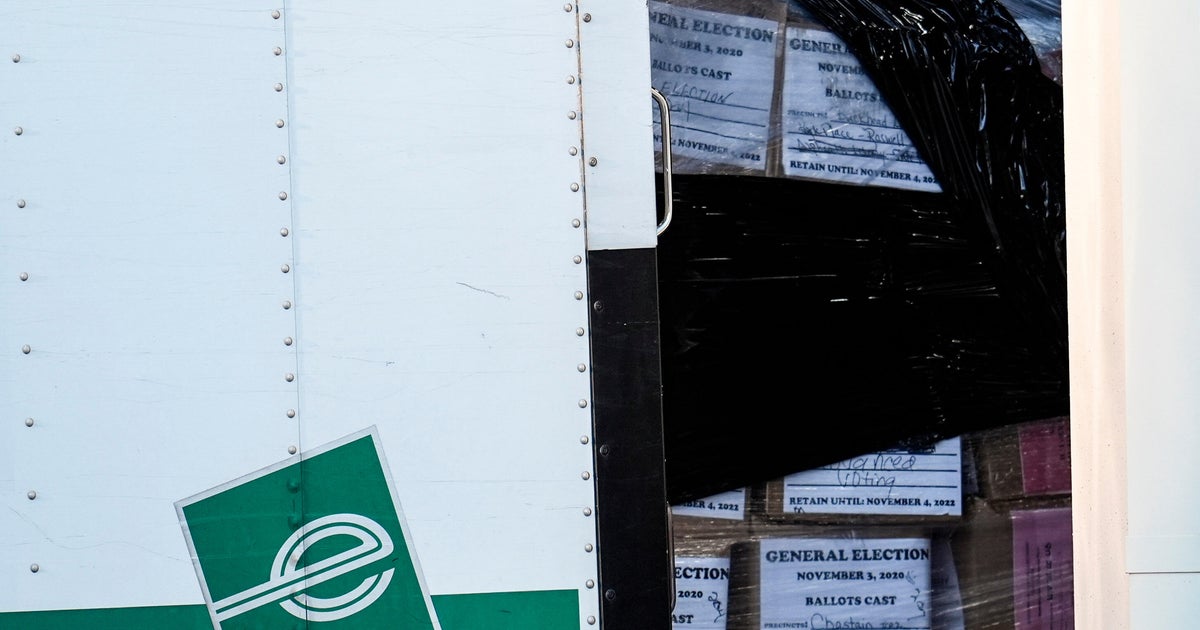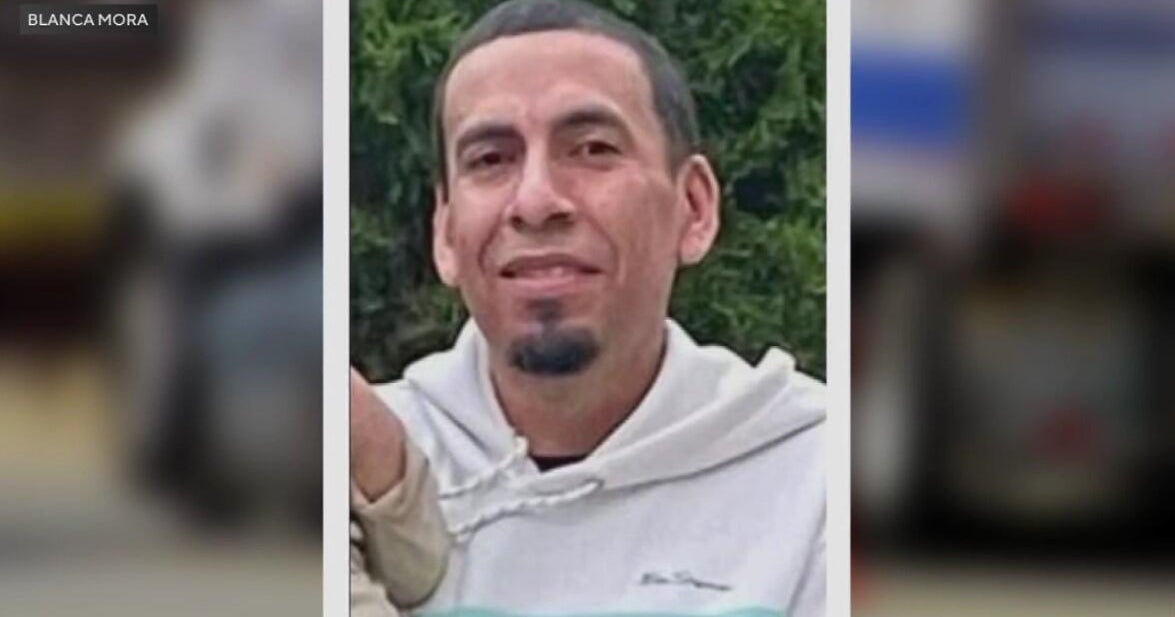Comey in 2014: FBI needs "independence" from politics
Long before President Trump fired him this week, long before he felt "mildly nauseous" over the idea he may have swayed the 2016 presidential election, former-FBI Director James Comey spoke with 60 Minutes.
It was 2014. Comey had been America's top cop for just one year, and Scott Pelley's interview was Comey's first on network television. Pelley began his two-part profile of Comey by asking, "Do you know the name of the director of the FBI? Probably not."
How times have changed.
This week, 60 Minutes re-aired part of that interview, a look at Comey before his turn in the spotlight over the last year. In the clip above, Comey tells Pelley that President Obama conveyed to him the importance of the FBI director when he hired him.
"[President Obama's] view is that it has to be someone who is competent and independent to protect this institution," Comey says.
Because the director has a 10-year term, Comey says President Obama weighed the selection heavily, with a mind toward the future.
"I think what the president said is that this and the Supreme Court are the two most important personnel decisions a president makes," Comey says.
Politicians in both parties have had issues with Comey. This week President Trump warned Comey on Twitter, and Hillary Clinton this month said Comey's October letter to Congress helped cost her the election. But in 2014, Comey described the position of FBI director as independent from politics.
"And that's why the director is given a 10-year term," he tells Pelley, "so that it is guaranteed that you'll span presidential administrations to make sure that you're leading in a way that's not influenced by political winds."
Comey talked about how difficult it can be to resist political forces. When he was deputy attorney general in 2004, Comey was asked him to reauthorize a program called Stellar Wind, a package of top-secret, warrantless surveillance targeting foreign terrorists. He refused, telling 60 Minutes in 2014 that significant aspects of the massive program were not lawful.
In the clip above, Comey tells Pelley his wife gave him strength to go against the Bush administration. He says she hung on the refrigerator an excerpt from his confirmation hearing when he answered a question about how he would face difficult circumstances as a leader at the Department of Justice.
"That I would focus only on what's right, and not care about expediency or politics or friendship," Comey says. "That I would do what was right."
Comey first experienced law enforcement as a child. He grew up in the suburbs near New York City, where his grandfather was a police chief and where he came face-to-face with crime at an early age.
In the clip above, he tells Pelley the story. He was a high school senior at home alone with his younger brother, when a gunman kicked in the front door of their family home and held the brothers captive. The two escaped, and the gunman got away.
He says the experience informs his work today.
"I think it most affects me in giving me a sense of what victims feel," Comey says. "And that even the notion no one was physically harmed doesn't mean no one was harmed, because I thought about that guy every night for five years. So I think it's made me a better prosecutor and investigator or being able to feel better what victims of crime experience."
Comey also told Pelley he drew inspiration from a piece of FBI history. He kept a memo on his desk to remind him of unchecked government power. The memo was a 1963 request from FBI Director J. Edgar Hoover requesting authority for surveillance of Martin Luther King Jr.
Comey said he saw the document as one of the big lessons of the past.
"The lesson is the importance of never becoming untethered to oversight and accountability..." he says. "And the importance of being immersed in that design of the founders, with oversight by the courts and Congress so that we don't fall in love with our own view of things."



